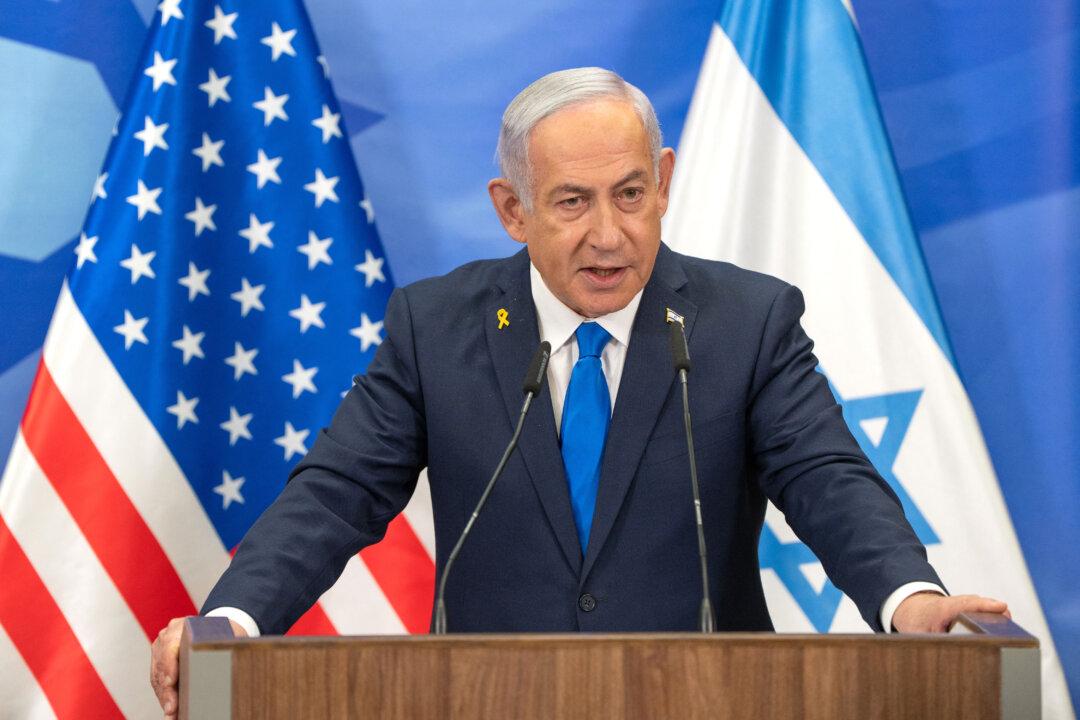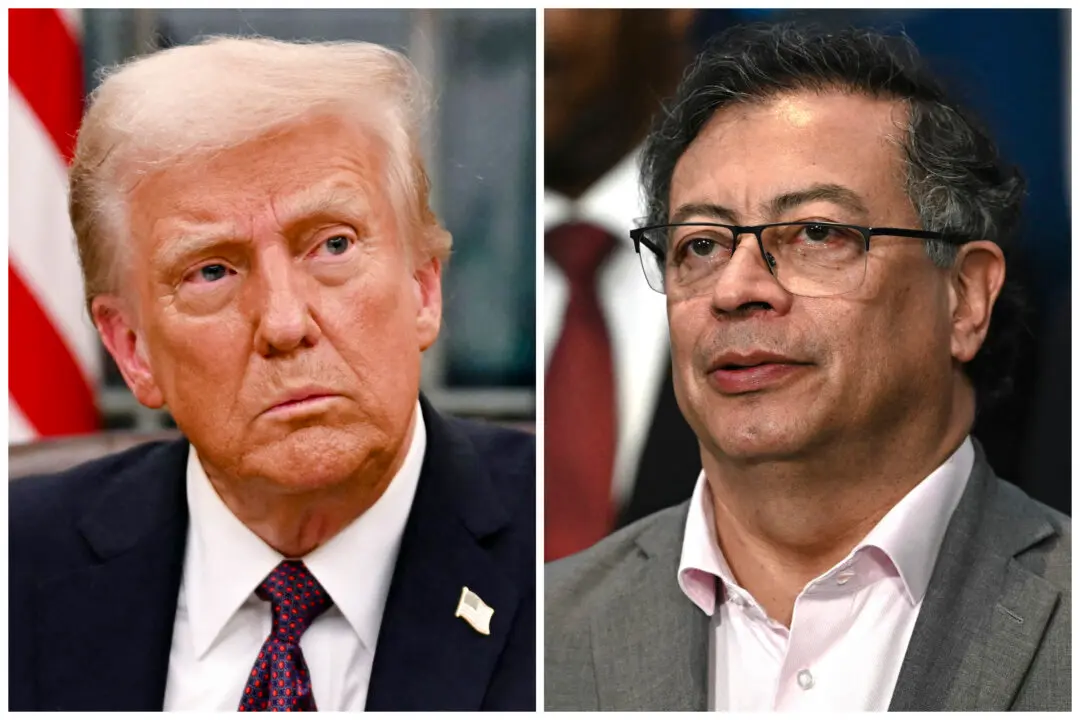Israeli Prime Minister Benjamin Netanyahu said on Sunday evening, after meeting with U.S. Secretary of State Marco Rubio, that he wants Gazans to have the option to leave the area.
“Why not give Gazans a choice?” he said in remarks to the Conference of Presidents of Major American Jewish Organizations. “Everybody said this is the largest open-air prison in the world. Not because of us, we let people leave.”





